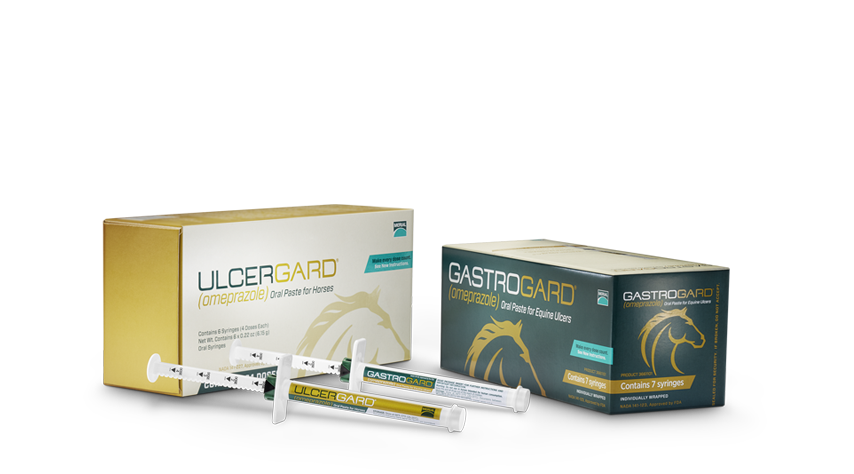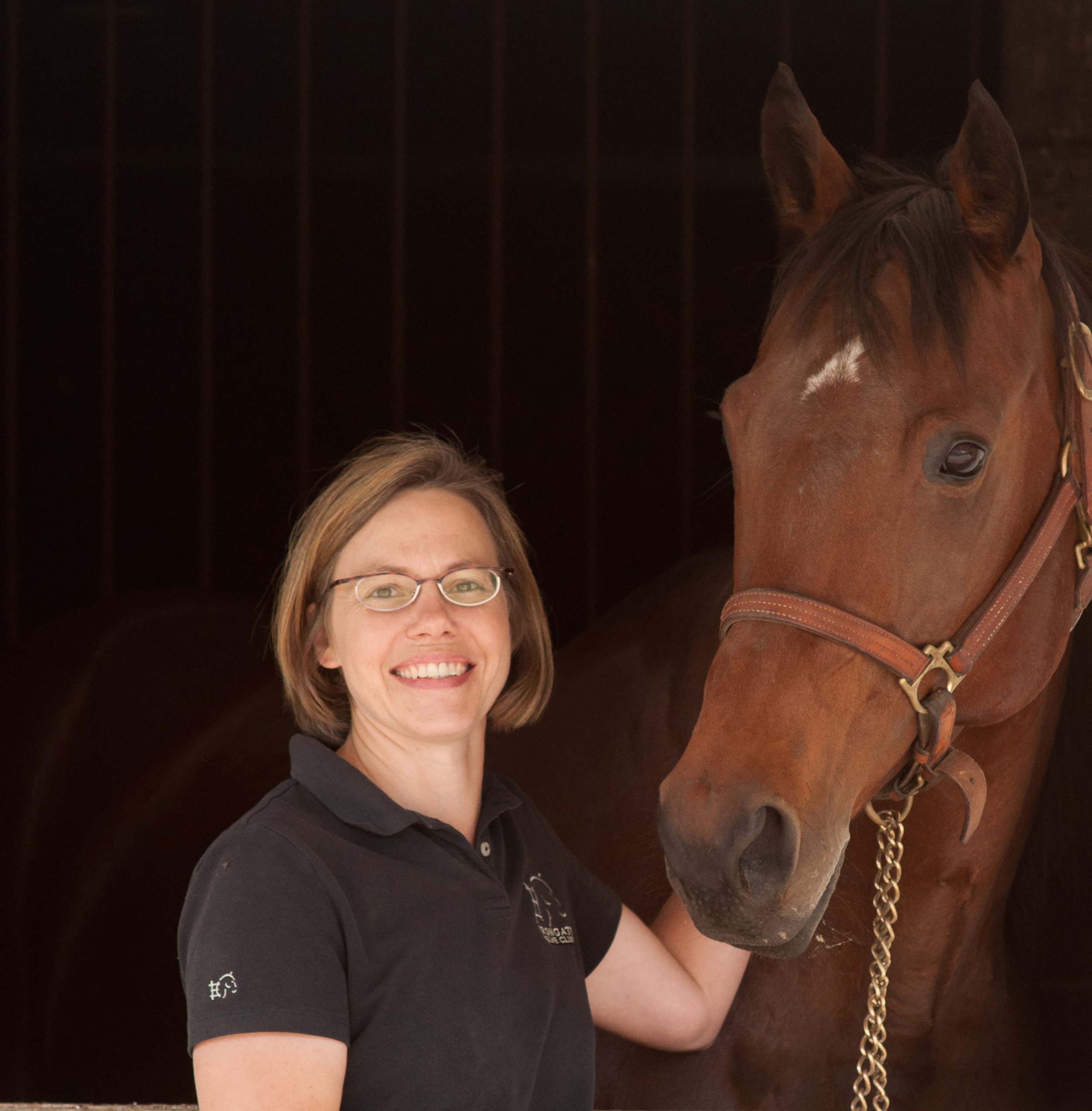Written By: Lisa Nesson, DVM
“Compounding” medications is the practice of mixing two or more drugs in order to meet the needs of a specific patient. Compounded drugs are not FDA-Approved, which means that their effectiveness, safety, and quality are not confirmed by the FDA. There are, however, legally compounded medications and illegally compounded medications. Legal compounds are those which are created due to lack of an FDA approved alternative. Illegally compounded medication are drugs that pose as Bute or Gastrogard, for example, but are actually knock-off, untested, and low quality. Compounded omeprazole is NOT the same as GastroGard or UlcerGard. Non-FDA approved omeprazole products are illegal and likely do not contain the amount of drug listed on the label due to instability of the drug and degradation.
In addition to this story, we want to clear up some of the confusion surrounding the FDA approved omeprazole products, GastroGard and UlcerGard.
GastroGard is the FDA approved omeprazole product manufactured by Merial for the treatment of gastric ulcer syndrome in horses. The drug is stable in the paste form and guaranteed to deliver the labeled strength of drug if handled properly until the expiration date is reached. It is packaged as a paste in a tube that is dosed at 1.8 milligram per pound (4mg/kg) of body weight so 1 tube will treat 1250 lbs of body weight at the treatment dosage of the drug. GastroGard is a prescription drug.
UlcerGard is the FDA approved omeprazole product manufactured by Merial for the prevention of gastric ulcer formation in horses. It is also packaged as a paste in a tube for oral administration. It is dosed at 0.45 milligrams/lb or 1 mg/kg of body weight (a quarter of the per pound treatment dose for Gastrogard). The tube is marked to deliver 4 preventative doses per tube for a 1000lb horse. Ulcergard is a non-prescription drug and is available over the counter.
The concentration and amount of omeprazole is exactly the same in Gastrogard as it is in Ulcergard. The difference is how those tubes of omeprazole are dosed.
If your horse is being treated for a stomach ulcer, your veterinarian will prescribe GastroGard. If your horse has been treated for an ulcer and recovered, or if we are concerned about your horse developing an ulcer as the result of a change in stress level, we would recommend using UlcerGard starting 2-3 days prior to the anticipated stressful event, throughout the event and possibly for a few days afterward to prevent the development of an ulcer.
Clinical signs of stomach ulcers may include decreased appetite, recurrent colic, intermittent loose stools or diarrhea, poor hair coat, poor body condition or poor performance. These signs may also be associated with other diseases as well as existing stomach ulcers. If your horse is exhibiting one or more of these signs, call your veterinarian to discuss diagnosis and treatment options.
If you are in need of Ulcergard or Gastrogard, you can visit our online pharmacy to purchase.





















